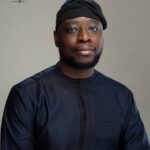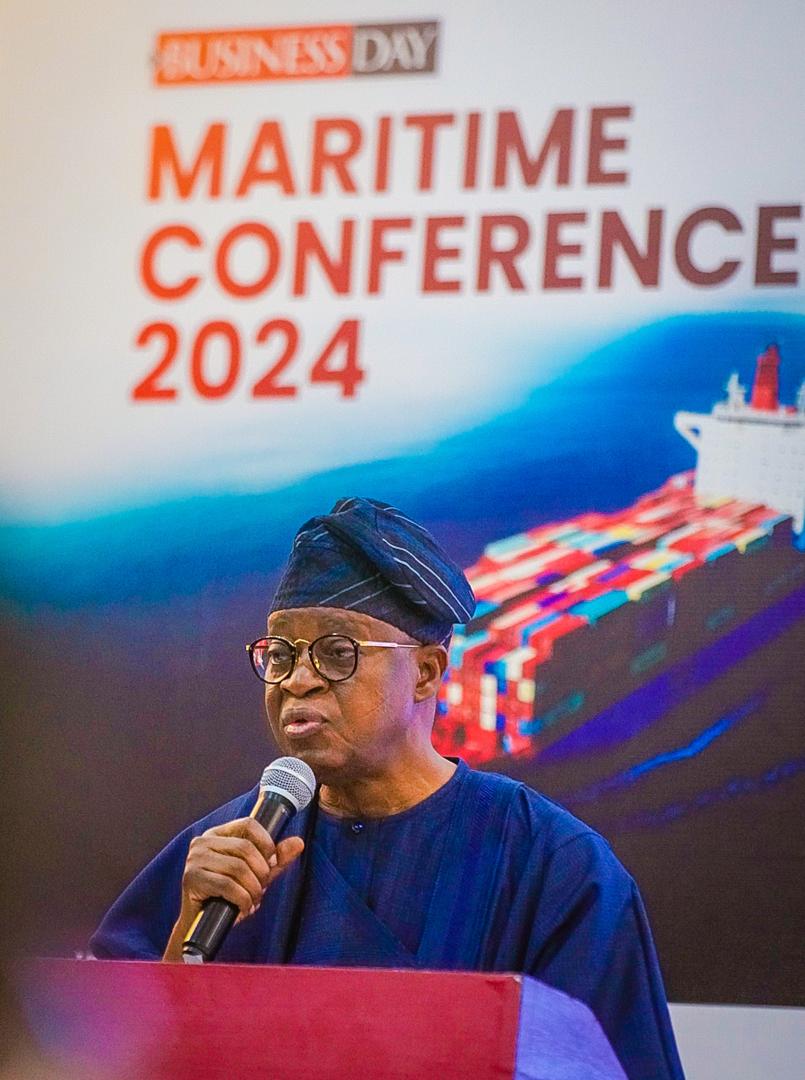The recent remarks of Ms. Uguamaye, a National Youth Service Corps (NYSC) member, have stirred controversy, reigniting the debate on free speech, civic responsibility, and the consequences of dissent in Nigeria. Her criticism of the government has drawn both support and condemnation, reflecting the broader struggle between citizens’ right to expression and the state’s reaction to criticism. As economic hardships persist, the question remains whether Nigerians can voice their frustrations without facing repercussions.
The Socio-Economic Rights and Accountability Project (SERAP) has defended Uguamaye’s right to criticize the government, emphasizing that freedom of expression is a fundamental right. Despite being enshrined in the constitution, many Nigerians argue that this right is increasingly under threat, with government actions often discouraging public dissent. SERAP’s position aligns with the sentiments of millions who feel disillusioned by governance failures, rising poverty, and economic instability.
Trade Union Congress (TUC) President Festus Osifo has weighed in, stating that Uguamaye’s comments reflect a widespread frustration among Nigerians. He argued that the government should not take such criticisms personally or attempt to suppress individuals expressing their grievances, emphasizing that the people are hungry and tired and need an outlet to vent. His remarks underscore the growing discontent among citizens struggling with inflation, unemployment, and the rising cost of living.
Not everyone shares this perspective. Former presidential aide Reno Omokri criticized Uguamaye’s actions, asserting that NYSC members should focus on their assignments rather than political activism. He argued that the scheme is designed to foster national unity, not serve as a platform for political engagement, suggesting that if she wanted to be an activist, she should have waited until after her service year. His stance reflects a generational and ideological divide—while some believe corps members should remain apolitical, others insist that every Nigerian, regardless of status, has a right to voice their concerns on governance.
Amid the controversy, the NYSC has remained silent. Efforts to obtain a response from the Director of Press and Public Relations, Edwin Megwa, have been unsuccessful, leaving many to speculate about the organization’s position on freedom of expression. The lack of a statement suggests a calculated silence, likely aimed at avoiding political entanglement, but it also raises questions about whether corps members truly have the freedom to speak their minds without institutional backlash.
Beyond the immediate debate, this case highlights a much larger issue: the struggle for open discourse in Nigeria. The ability to criticize leaders and policies without fear of retaliation is essential for any democracy. As young Nigerians increasingly turn to social media and other platforms to voice their concerns, the government must decide whether to engage with this growing demand for accountability or continue down the path of suppression.
The situation also raises questions about the role of civic responsibility and education in shaping Nigeria’s future. If the country hopes to empower its youth, it must cultivate a culture of open dialogue and critical thinking rather than stifling dissent. Institutions like the NYSC play a significant role in shaping young Nigerians’ perspectives, and their handling of this matter will set a precedent for how the next generation engages with governance.
As Nigeria grapples with its economic and political challenges, the debate over free expression will only intensify. Uguamaye’s case is not just about one individual; it reflects the collective frustrations of a people demanding accountability and the right to be heard. The ability to express grievances without fear of persecution is not a privilege—it is a right, and the government’s response to this growing demand will determine the direction of Nigeria’s democratic future.






